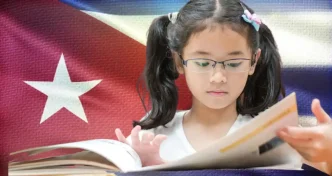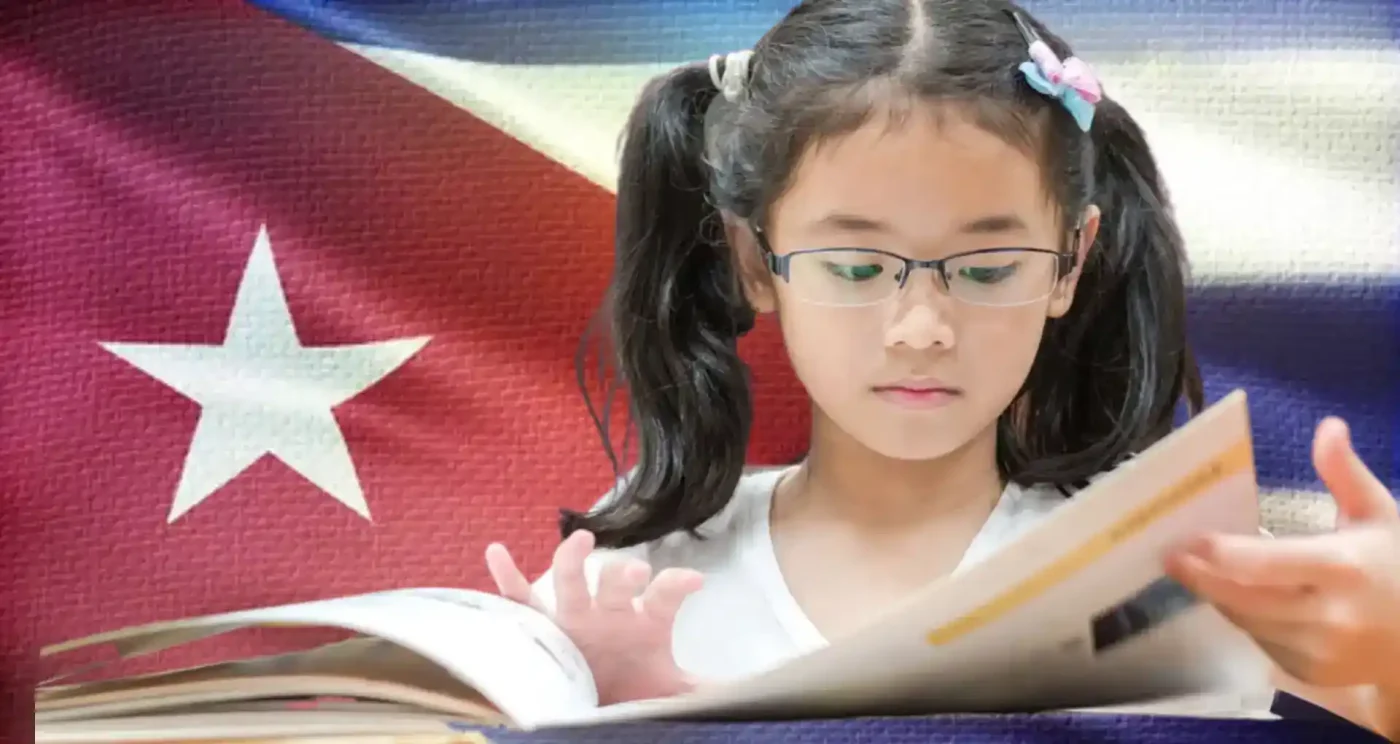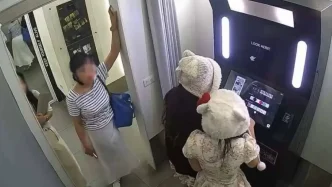Manila – A deepening educational crisis in the Philippines has sparked renewed debate about the state of the country’s democracy and the enduring influence of political dynasties. Recent data from the Philippine Statistics Authority (PSA) reveals stark disparities in literacy rates, particularly in Mindanao, while national figures paint a troubling picture of systemic decline. With 19 million high school and senior high school graduates from 2019 to 2024 struggling with basic functional literacy, experts warn of a generational challenge that threatens the nation’s future.
A National Education Emergency
The latest Functional Literacy, Education, and Mass Media Survey (FLEMMS), conducted by the PSA, highlights a grim reality: eight of the 10 provinces with the lowest literacy rates are in Mindanao, the southern island long plagued by underdevelopment and conflict. However, the crisis is not confined to one region. Even within Mindanao, disparities exist—South Cotabato, for instance, ranks among the top 10 regions for functional literacy, underscoring the uneven distribution of resources and opportunities.
Nationally, the numbers are equally alarming. The World Bank has reported a “learning poverty” rate of 90.9 percent among Filipino students in basic education, meaning nine out of ten children struggle with fundamental reading and comprehension skills. The Programme for International Student Assessment (PISA) further confirms this decline, with the Philippines ranking dismally in basic comprehension and science literacy among high school students. Adding to the concern, no Philippine university made it into Asia’s top 500 in the latest Times Higher Education survey—a historic low for a country once regarded as an educational hub in the region.
These statistics point to a systemic failure that transcends regional boundaries. Educators and policy analysts argue that decades of underinvestment, coupled with governance challenges, have eroded the foundations of the country’s education system. The question now is whether the political will exists to reverse this downward spiral.
The Shadow of the Duterte Era
Much of the recent decline in educational standards coincided with the political dominance of the Duterte family. From 2016 to 2022, former President Rodrigo Duterte held sway over state institutions, while his daughter, Sara Duterte, served as Vice President and headed the Department of Education from 2022 to 2024. Critics argue that under their leadership, little progress was made to address the mounting crisis in education.
“The education sector needed visionary reforms, but what we saw was a lack of strategic direction” said Maria Lopez, an education policy expert based in Manila. Her assessment reflects a broader sentiment among academics and civil society groups who point to missed opportunities during the Duterte years to tackle systemic issues like teacher training, infrastructure, and curriculum development.
However, it would be simplistic to attribute the crisis solely to one political dynasty. Challenges in Philippine education predate the Dutertes by decades. As early as 2013, analysts warned of a disconnect between the country’s economic growth and the declining quality of its educational institutions. At that time, several Philippine universities still ranked among the world’s top 500—a stark contrast to today’s reality.
Political Dynasties and Democratic Decay
The educational crisis is inseparable from the broader state of Philippine democracy, where personality-driven politics and dynastic rule often overshadow merit and policy substance. The Senate, once a bastion of intellectual debate with figures like Jovito Salonga, who topped senatorial races multiple times, has increasingly become a platform for celebrities and political heirs. In recent decades, actors like Ramon “Bong” Revilla Jr. and Jose “Jinggoy” Ejercito Estrada Jr. have claimed top spots in Senate races, often relying on name recognition rather than policy platforms.
More recently, pre-election surveys for the 2025 midterm elections show a similar trend, with figures aligned with the Duterte family and entertainers like Robinhood Padilla leading the polls. This “celebritization” of politics, as some scholars describe it, has marginalized critical discourse and sidelined technocrats who prioritize governance over public relations stunts. Even seasoned politicians like Juan Ponce Enrile have won seats on vague, populist slogans rather than substantive agendas.
“Our political system rewards charisma and lineage over competence” said Dr. Antonio Reyes, a political scientist at the University of the Philippines. “This has a trickle-down effect on institutions like education, where long-term planning is sacrificed for short-term political gains.”
The persistence of dynastic politics is further compounded by the failure to establish a strong party-based system. Oligarchic interests have historically resisted reforms that would reduce the influence of family names, leaving the democratic space vulnerable to what critics call “democrazy”—a toxic blend of populism and personality cults.
Economic and Social Implications
The ramifications of the education crisis extend far beyond the classroom. A workforce lacking basic literacy and critical thinking skills poses a significant barrier to economic development. The Philippines has often been touted as a rising economic star in Southeast Asia, with glittering growth figures in recent years. Yet, the decline in human capital threatens to undermine these gains, as employers struggle to find skilled labor in an increasingly competitive global market.
Socially, the crisis exacerbates inequality. Provinces with the lowest literacy rates, many of which are in conflict-affected areas of Mindanao, are also among the poorest in the country. Without access to quality education, generations of Filipinos risk being trapped in cycles of poverty, unable to compete in a knowledge-driven economy. This disparity fuels frustration and could potentially deepen social unrest in already volatile regions.
Moreover, the lack of critical thinking skills among the electorate, as highlighted by the rise of populist figures, raises questions about the sustainability of democratic governance. If citizens are not equipped to analyze policies or hold leaders accountable, the democratic process itself is at risk of being hollowed out.
Paths to Reform
Addressing the educational crisis will require a multi-pronged approach, starting with increased investment in public education. Experts suggest prioritizing teacher training, modernizing curricula to emphasize critical thinking, and ensuring equitable distribution of resources across urban and rural areas. Digital tools and remote learning platforms could also help bridge gaps in access, particularly in remote regions like Mindanao.
However, funding alone is not enough. Governance reforms are critical to ensure that resources are allocated effectively and free from political interference. Depoliticizing key institutions like the Department of Education could help insulate them from the whims of dynastic agendas, allowing for long-term planning and accountability.
On the political front, there is a pressing need to foster a culture of meritocracy and policy-driven discourse. Civil society groups and media outlets have a role to play in educating the public about the importance of substantive platforms over populist rhetoric. Grassroots efforts to promote political literacy could empower voters to demand more from their leaders, potentially weakening the grip of dynasties over time.
International partnerships may also offer a lifeline. Collaboration with organizations like UNESCO or regional bodies such as ASEAN could provide technical expertise and funding for educational reforms. However, any external assistance must be tailored to the Philippines’ unique context, avoiding one-size-fits-all solutions that fail to account for local challenges.
Looking Ahead
As the Philippines approaches its midterm elections in 2025, the intersection of education and politics remains a critical battleground. The enduring influence of figures like Rodrigo Duterte, who recently addressed a rally for his senatorial candidates in Manila, serves as a reminder of the challenges facing the nation’s democratic and educational systems. While his family’s tenure has drawn sharp criticism, the roots of the crisis run deeper, embedded in structural flaws that have long plagued governance.
For now, educators, activists, and concerned citizens are left grappling with an urgent question: can the Philippines reclaim its place as a leader in education and democracy, or will systemic rot continue to erode its foundations? As reforms remain elusive, the stakes for the next generation could not be higher.
















